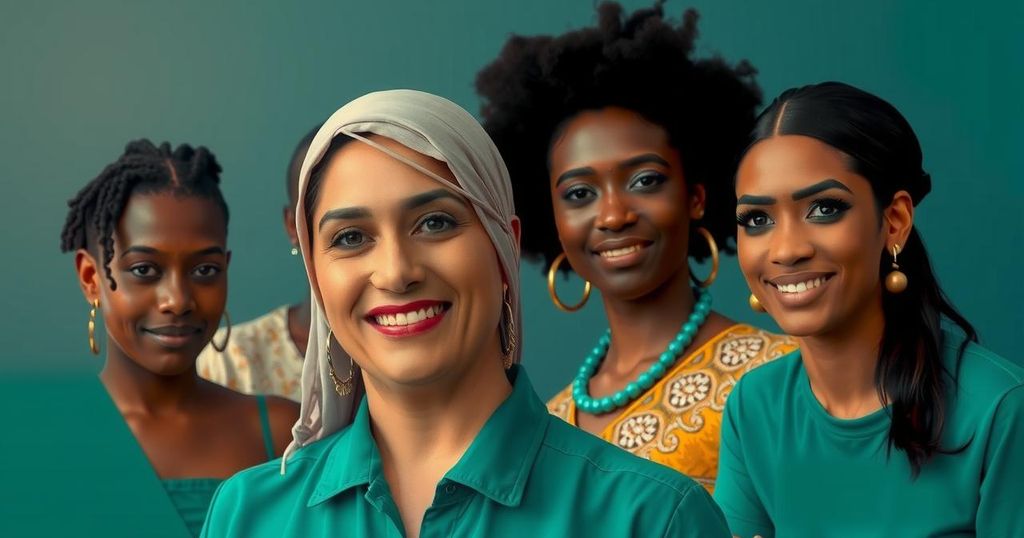Brazil’s municipal elections saw a troubling rise in online and offline attacks against female and minority journalists, according to a report by the Coalition in Defense of Journalism (CDJor). While women faced a disproportionate number of attacks, Black journalists encountered racism, reflecting a broader culture of hostility. Calls for systemic change emphasize the need for protective measures and accountability to ensure press freedom.
During Brazil’s recent municipal elections, female and minority journalists were subjected to a concerning escalation of hostility, both online and offline. A report by the Coalition in Defense of Journalism (CDJor) highlighted that from August 15 to October 27, the campaign’s duration, female journalists faced the majority of attacks, evidencing a troubling trend of increasing hostility toward both the media and marginalized groups in Brazil. Analysts attribute this rise in aggression to entrenched misogynistic attitudes within the culture, a sentiment echoed by Cristina Zahar of the Committee to Protect Journalists.
The elections, which sought to fill positions such as mayors and city councilors, saw significant victories for right and center-right candidates, further polarizing the political landscape despite the prior unseating of the far-right president Jair Bolsonaro. Concurrently, Black journalists encountered widespread racism, with specific incidents reported, including racial slurs directed at journalist Pedro Borges. Zahar noted that such attacks not only undermine the integrity of journalists but also strip away their professional identity.
Moreover, female journalists reported that the bulk of the aggression they faced centered on physical appearances and derogatory remarks, primarily proliferated through social media platforms like Instagram and X. Juliana Dal Piva, an investigative journalist, recounted her experiences of harassment post her investigations into Bolsonaro, stating that her reputation was systematically attacked by his supporters, with threats ranging from misogynistic insults to life-threatening messages. Despite Bolsonaro’s exit from power, the hostile atmosphere he cultivated continues to pose challenges for press freedom.
In light of these distressing developments, the CDJor report underscores the urgent need for Brazilian authorities to enhance protective measures for journalists and hold perpetrators accountable. The environment described by Zahar, where the press finds itself in a precarious position, raises significant concerns regarding the state of free expression in Brazil: “When you do not have free press, what do you have? A dictatorship.”
In conclusion, the hostility directed at journalists during Brazil’s elections highlights alarming trends concerning gender and racial discrimination within the media landscape. The culture of violence and intimidation, particularly against women and minority journalists, calls for immediate action to safeguard freedom of expression and ensure that journalists can operate without fear of harassment or retribution.
The recent municipal elections in Brazil revealed significant challenges for journalists, particularly women and minorities. Reports indicate a sharp increase in hostility directed at these groups during the electoral campaign, coinciding with broader political shifts toward right and center-right candidates. The conditions have been exacerbated by the legacy of the former president Jair Bolsonaro, whose administration fostered an environment hostile to the press. The impact of these attacks underscores deep-seated issues of misogyny and racism embedded within society, which journalists continue to confront.
The targeting of female and minority journalists during Brazil’s municipal elections underscores severe issues related to misogyny and racism in the media landscape. With rising hostility and attacks, there is an imperative for the government and social media platforms to enhance protections for journalists. The continuity of these aggressive trends poses a substantial threat to freedom of expression, essential for a functioning democracy. Immediate measures are necessary to combat this hostility and protect the integrity of the press.
Original Source: www.voanews.com






